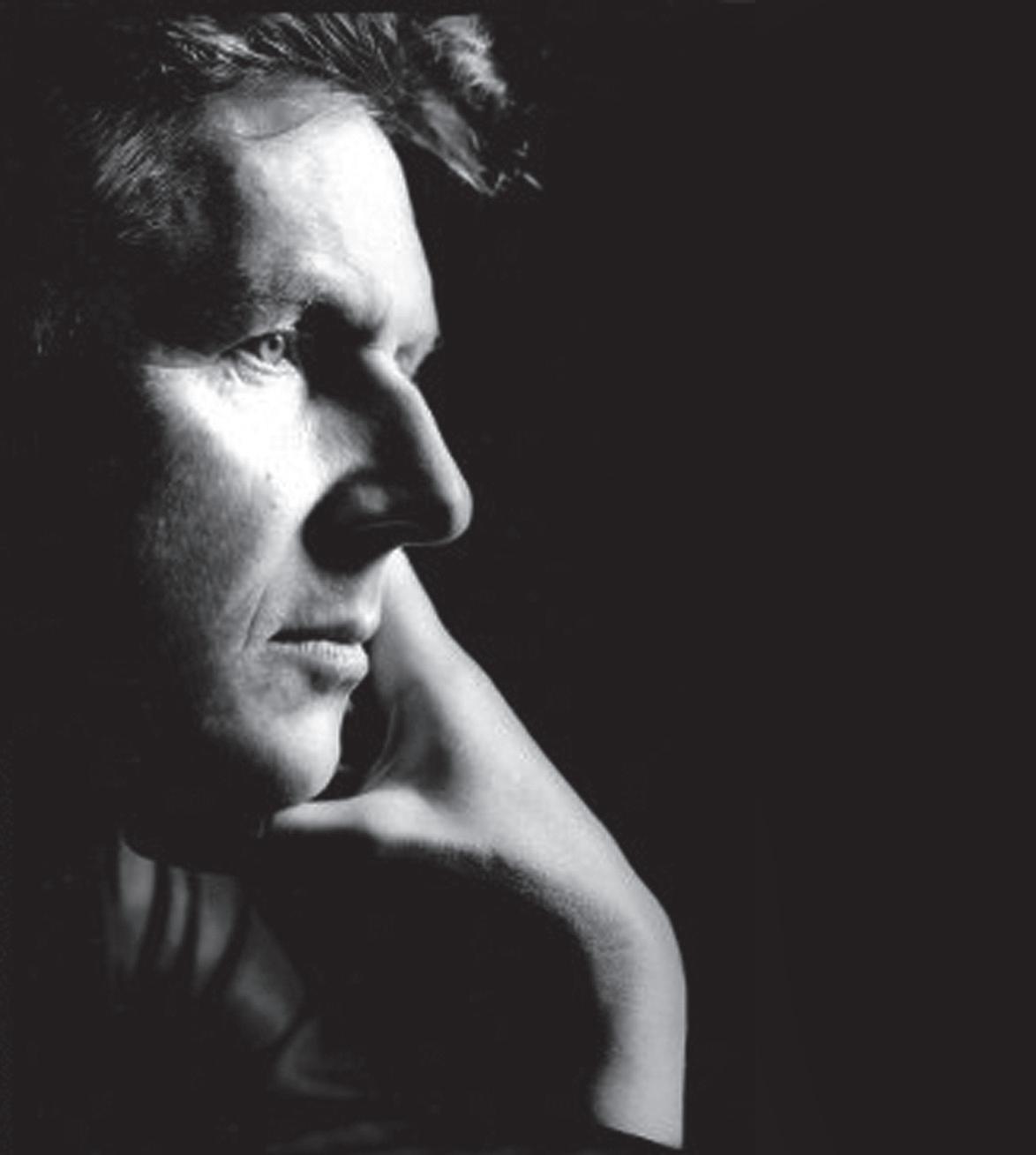LEVINE
Natasha’s Waltz
Music for a theatre production of War and Peace
Full Score

ISUU Version
For perusal only
ISUU Version
For perusal only
ALEXANDER LEVINE
Natasha’s Waltz for orchestra
Full Score
ISUU Version
Instrumentation
2 Flutes (2. doubling Piccolo)
For perusal only
2 Oboes
2 Clarinets in B -
2 Bassoons
4 Horns in F
3 Trumpets in B -
3 Trombones
Tuba
Timpani
Percussion:
Cymbals (pair and suspended)
Triangle
Snare drum
Glockenspiel
Strings
Duration: 4 mins approx.
Note
Natasha’s Waltz is part of an orchestral score commissioned in 1994 as incidental music for a theatre production of Leo Tolstoy’s War and Peace. This was staged at the Barbican, in London, in 1995.
The Barbican performances probably constituted the first ever theatre production of War and Peace. In 1921, Mikhail Bulgakov had begun work on a libretto of War and Peace, and in 1931 Josef Stalin encouraged him to complete this work, which was intended for the Leningrad State Drama Theatre. However the performance never took place.
The music of Natasha’s Waltz stands as a complete ‘concert piece’, and could be seen as a distillation of the romantic, and at the same time, tragic love story of Natasha and Andrei. The opening portrays the scene of the ball at the family house of Count Rostov where his daughter, young Countess Natasha Rostova, and Duke Andrei Bolkonsky meet for the second time in the story. The piece is intended to evoke the atmosphere of Russia nobility during the early period of the 19th Century. The feeling of “Russian-ness” which this music conveys is strongly linked to the main female character of the novel, Natasha.
The piece comprises three sections, where the musical language of the outer sections is intended to express a gamut of emotions as well as the aspirations of the young Countess. The mood of festivity partially changes in the middle section and it becomes relentless, and increasingly distant from the atmosphere of festivity and glitter of the opening. The final section the music, however, brings back the atmosphere of the ball, with its freshness and magic.
Alexander Levine
First performance in 1995 at the Guildhall School of Music & Drama, London, UK, given by the GSMD Symphony Orchestra, conducted by Orlando Jopling.
ISUU Version
Natasha’s Waltz
For perusal only
ISUU Version
For perusal only
ISUU Version
For perusal only
ISUU Version
For perusal only
ISUU Version
For perusal only
Version
For perusal only
ISUU Version
For perusal only
Version
For perusal only
ISUU Version
For perusal only
ISUU Version
For perusal only
ISUU Version
For perusal only
ISUU Version
For perusal only
ISUU Version
For perusal only
ISUU Version
For perusal only
ISUU Version
For perusal only
ISUU Version
For perusal only
ISUU Version
ISUU Version For perusal only
ISUU Version
For perusal only
ISUU Version
For perusal only
ISUU Version
For perusal only
ISUU Version
For perusal only
ISUU Version
For perusal only
Version
For perusal only
ISUU Version
For perusal only
ISUU Version
For perusal only
ISUU Version
For perusal only
ISUU Version
For perusal only

Levine
Alexander Levine (b. 1955) studied piano and clarinet at the Gnessin State Musical College and Gnessin Russian Academy of Music in Moscow, followed by studies at the Guildhall School of Music and Drama in London with Gary Carpenter and Simon Bainbridge. He was principal guitarist of the Moscow Radio and Television Orchestra and has won prestigious awards for his work with television and radio in Russia. His works in the Edition Peters catalogue include The Divine Liturgy of St John Chrysostom and Prayers for Mankind for a cappella choir. Levine has lived in the United Kingdom since 1992.
Alexander Levine (*1955) erhielt Klavier- und Klarinettenunterricht an der Gnessin-Musikschule in Moskau und studierte an der dortigen Gnessin-Musikakademie sowie bei Gary Carpenter und Simon Bainbridge an der Londoner Guildhall School of Music and Drama. Er war erster Gitarrist des Moskauer RundfunkSinfonieorchesters und erhielt im Rahmen seiner Tätigkeit für Rundfunk und Fernsehen in Russland mehrere renommierte Preise. Zu seinen Werken im Katalog der Edition Peters zählen The Divine Liturgy of St John Chrysostom und Prayers for Mankind, beide für Chor a cappella. Seit 1992 lebt Levine in Großbritannien.
